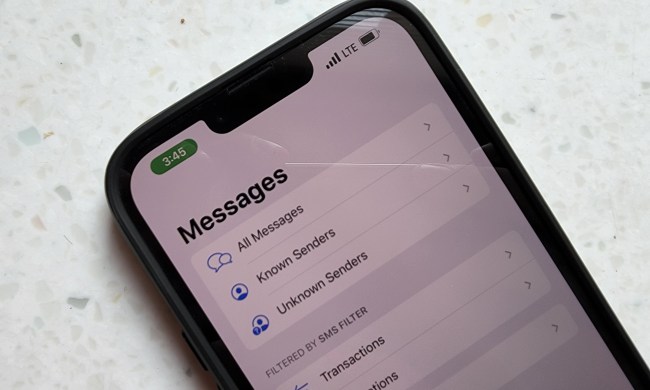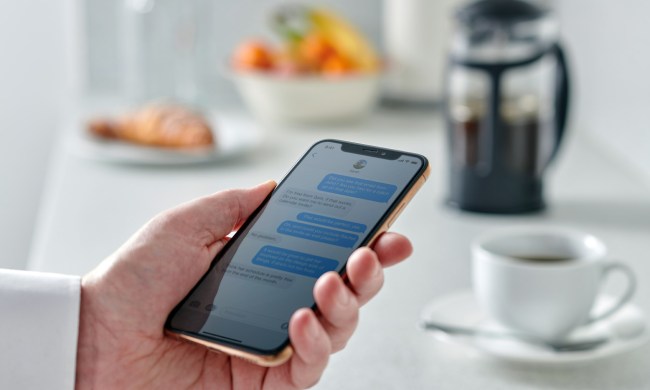
It’s been a long time coming, but cheaper alternatives might be putting the final nails in the traditional text message’s coffin. Skype’s $85 million acquisition of GroupMe only reinforced the belief that the SMS is about to become a thing of the past.
You had a good run, and were inarguably addictive. But it’s starting to look like SMS was just a gateway drug for the good stuff. Sure, we have the original SMS to thank for all of the superior applications it has inspired, however here are three reasons why the text message, as we knew it, is on the way out.
Security – rise of the BBM clones
RIM was among the first to encrypt the text message and make it an exclusive package for BlackBerry users. Using the smartphone’s Internet connection, these private and secure messages were accessible regardless of mobile network coverage and allowed for group chatting sessions. Despite the brand’s reputation as the dinosaur of smartphones (an image RIM is actively trying to shed), it got this right, and BBM remains arguably the most loved and leveraged feature of BlackBerries.
But the competition has caught on. Apple announced that its release of iOS 5 would include an application called iMessage. The iOS-to-iOS exclusive messaging system means you can send any content via the phone’s 3G or wireless connection, and easily bypass its carriers’ built-in texting plan.
We wouldn’t be surprised if WP7 isn’t working on some type of secure, exclusive messaging option as well. Skype’s acquisition of GroupMe and Microsoft’s acquisition of Skype obviously means WP7 could integrate the group texting application’s technology into its smartphones. Verizon also embeds Skype into all of its smartphones, which means GroupMe will soon be included in this free software.
Easy alternatives

There are caveats to using some of these apps and entirely abandoning carrier-provided texting. For instance, Facebook Messenger and Google Chat (or G+’s Huddle) only can communicate with people that also have Google or Facebook accounts. But if you really want to save money and put your network in its place, free apps offer solutions.
Cost
The traditional text message might stand a chance if carriers weren’t charging so much. People like easy, and using built-in, familiar software is very, very easy. But consumers have long been raging over the ever-increasing prices – and the technology behind those escalating costs doesn’t justify the rates. Text messages cost next to nothing for wireless carriers to send across their networks, but users’ attachment to SMS is why they’ve been able to charge so much for it. Did you know that a one minute voice phone call or message uses more data than five hundred text messages?
While text messaging rakes in the big bucks for carriers, its use is declining as we’re all catching on. Users are abandoning SMS because it costs too much (AT&T just upped its unlimited plan to a whopping $20 a month) and there are ways to use a similar service without feeling that pain. Let’s face it: You can’t beat free.
Top image courtesy of Chad Zuber / Shutterstock


